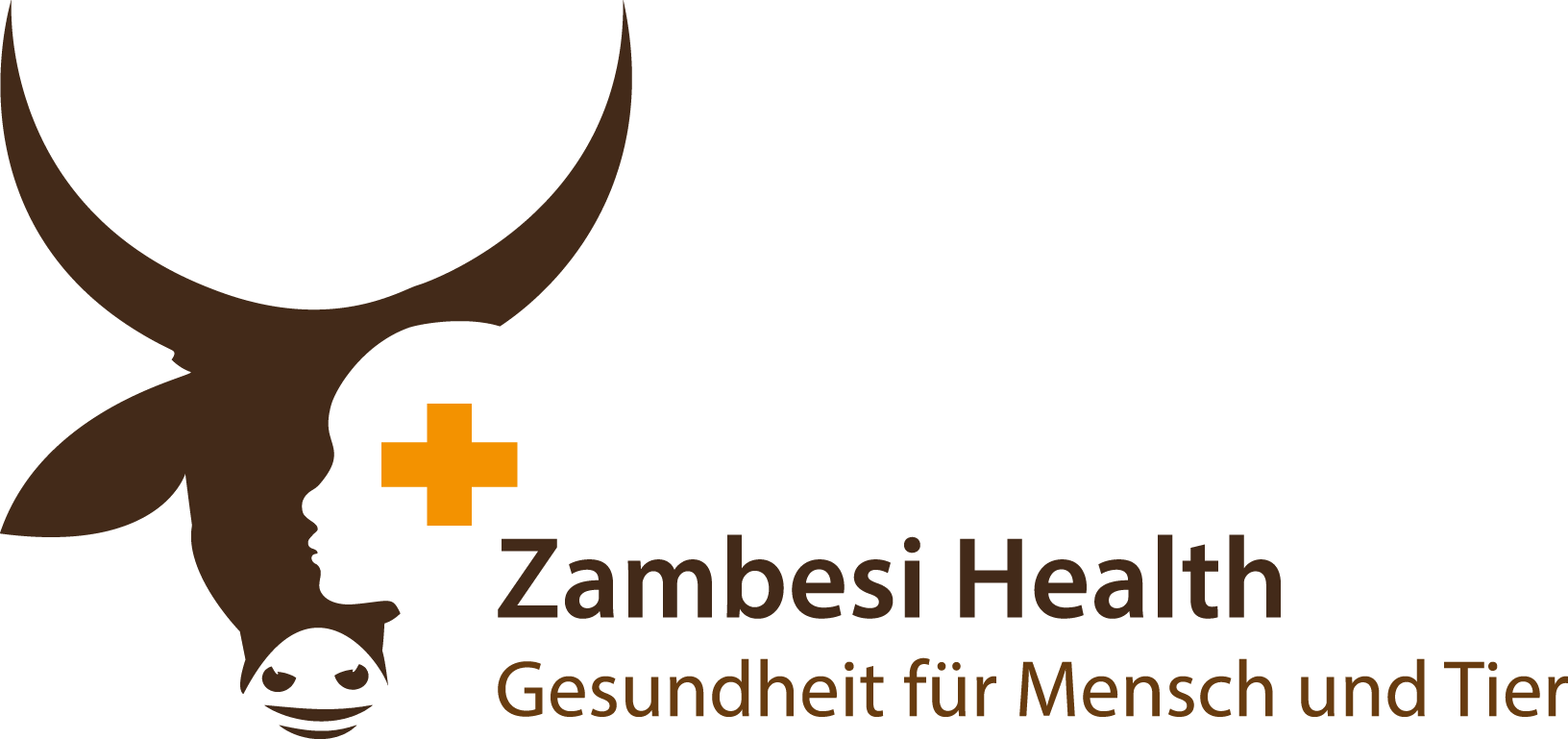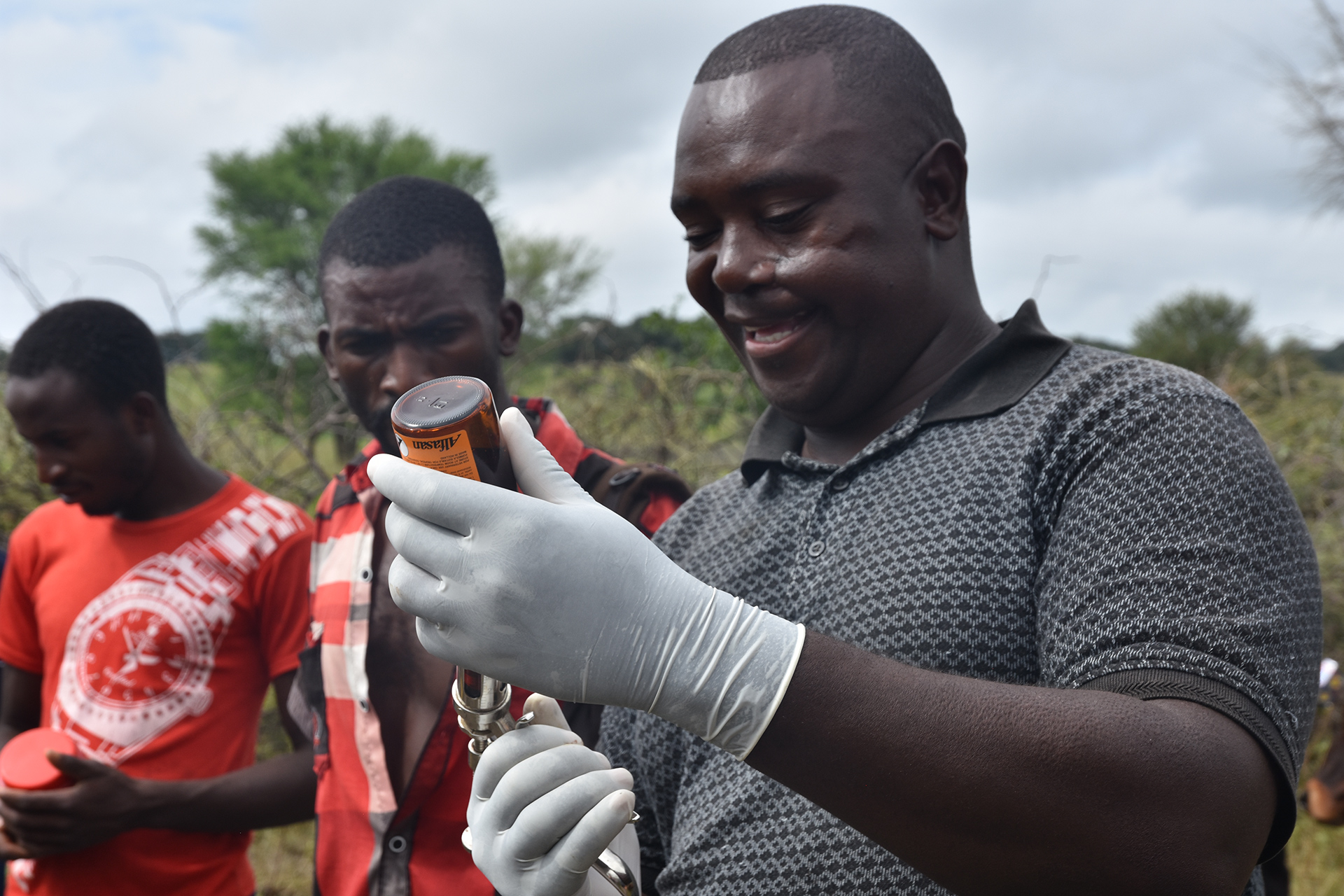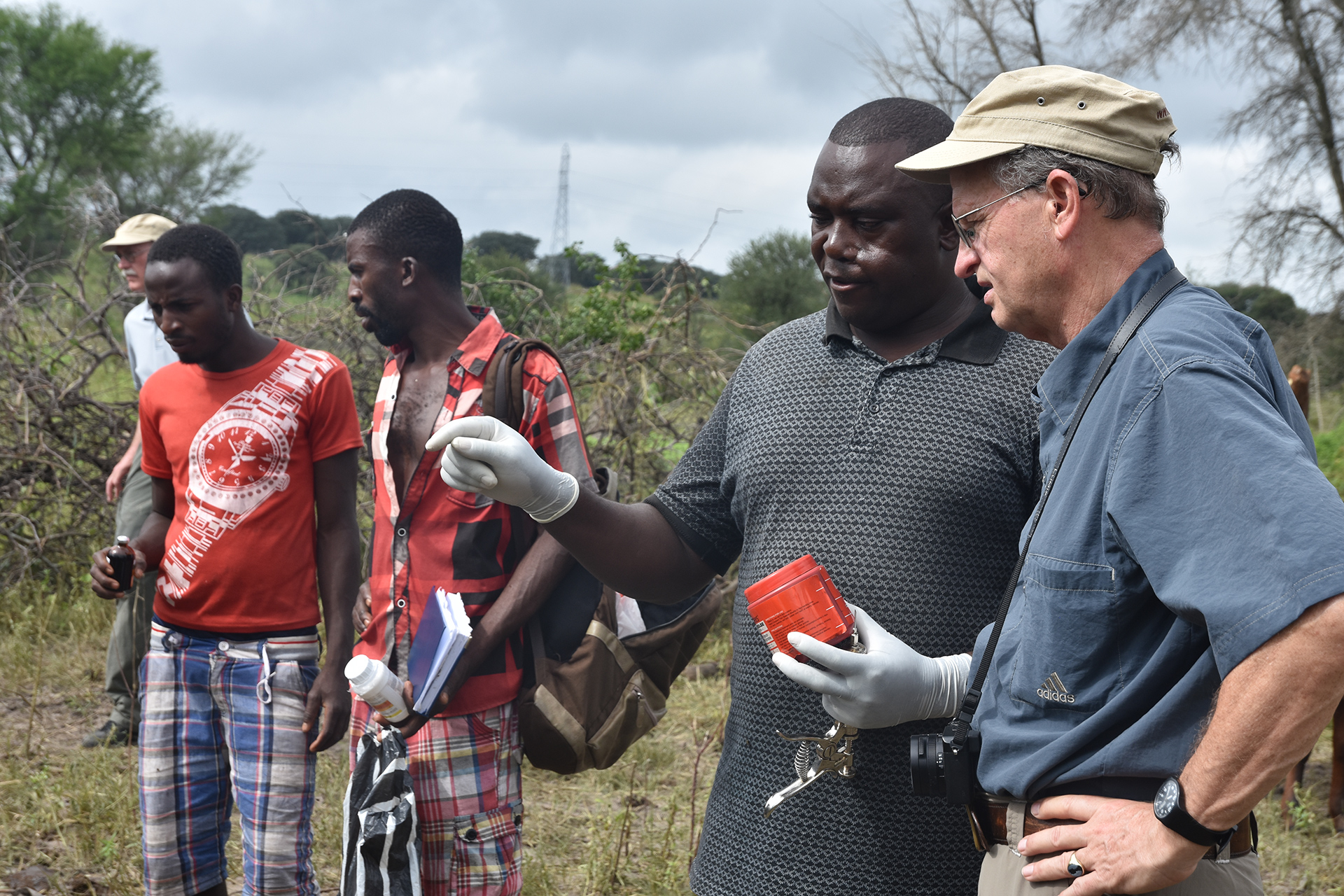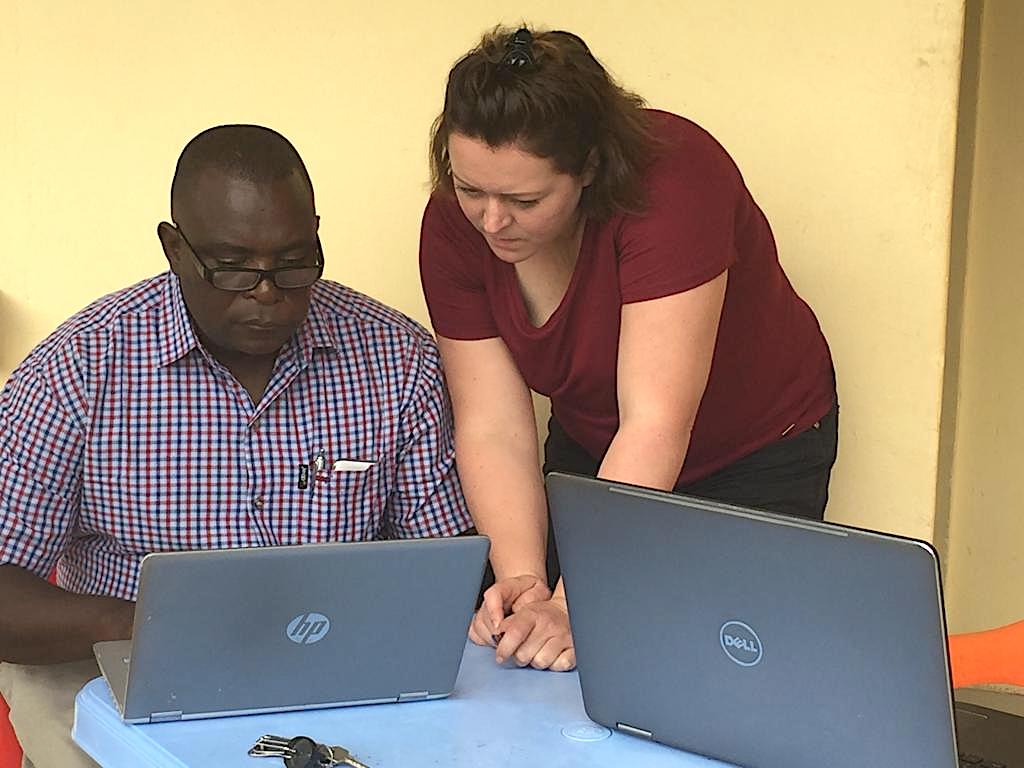Athenesious Hamankolo (Athens), a family man with a strong character and an avid soccer fan, turned 50 in 2016. He lives with his wife and their five sons and three daughters in Zambia, near the former ferry connection to Botswana in Kazungula. Since 2003, Athens has been running the Kazungula Vet. Camp.






